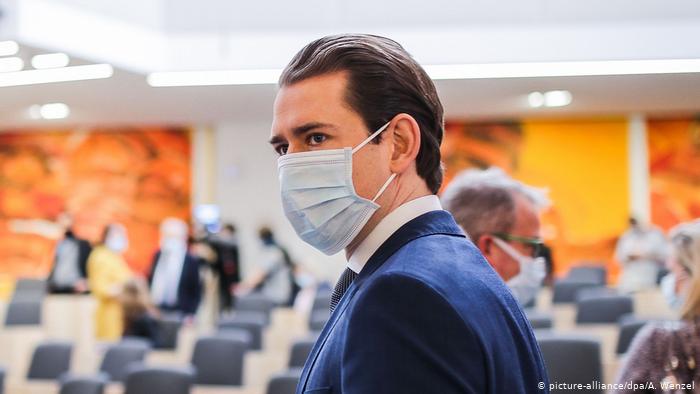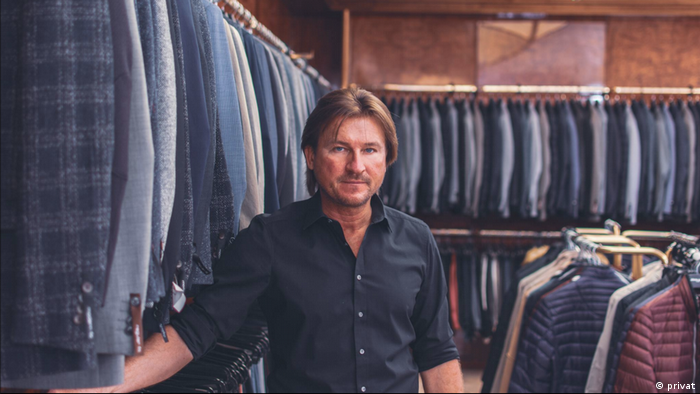Austria will begin lifting its coronavirus restrictions on Tuesday. When Chancellor Sebastian Kurz announced the plan it caused a great deal of excitement — but this is the first step in a long process, experts say.
Austria came to a standstill when it introduced lockdown measures on March 16. The country closed everything except supermarkets and medical facilities. Thomas Kaschowitz’s men’s fashion store in the center of Vienna has been firmly shut for four weeks, which has cost him some €50,000 ($54,724) in turnover.
But last week Austria became the first European country to announce it would begin lifting its lockdown measures. Kaschowitz’s store is one of the ‘non-essential’ businesses that will be allowed to reopen after the Easter weekend. The move was hailed by the media as a sign that the continent was beginning to beat the coronavirus, but Kaschowitz remains skeptical about its effect.
“Of course I’m happy I’m allowed to reopen,” he says, “But I don’t think the mood in the population is that everything is fine, because the virus is still there. There will be a more positive atmosphere, but the situation itself needs to improve.”
Austria will reawaken slowly
The country is set to loosen its restrictions piecemeal. From Tuesday, non-essential stores under 400 square meters (4,300 square feet) — about the size of one-and-a-half tennis courts — will be allowed to open their doors. So too will hardware stores and garden centers. On May 1 shops, shopping malls and hairdressers will follow suit.
However, restaurants and hotels will have to wait until mid-May to reopen at the earliest and no public events can be held until at least late June. Other public health measures, such as requiring people to wear face masks in supermarkets and pharmacies, will remain in place. The face mask rule has also been extended to other shops and public transport.







